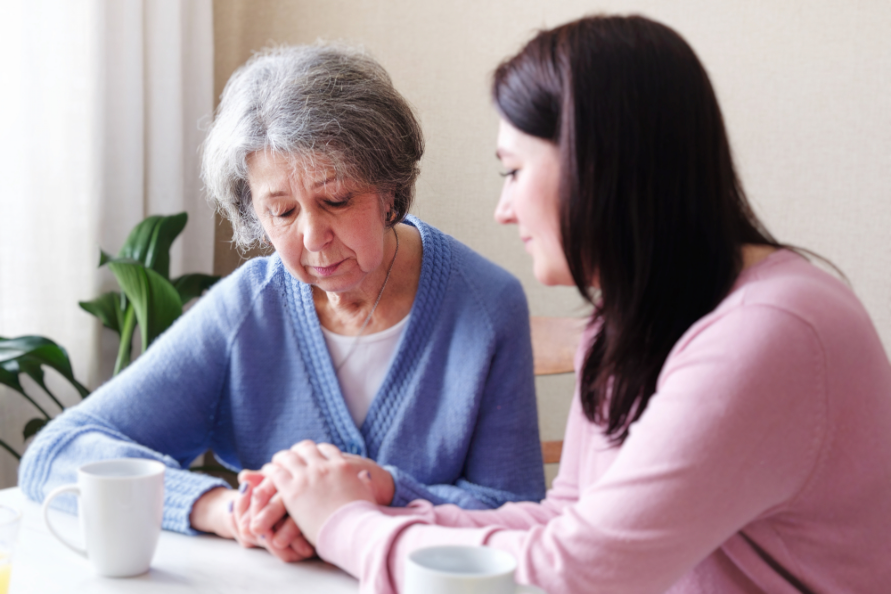
When we were young, our parents tended to go above and beyond to provide a safe, healthy, and stable environment. As you get older, you may notice that your parents or an elderly family member who has always been there for you start to slow down. They may exhibit behavioral changes or eat less. When this occurs, it may be time to seek home care in King of Prussia, Pennsylvania. Here are the signs your loved one needs additional support at home:
- Increased Forgetfulness
One of the earliest warning signs of cognitive decline is increased forgetfulness and memory loss. Memory loss is increasingly common in seniors but may be a sign of a greater medical issue like dementia. If your loved one has been skipping their medications lately or having difficulty with day-to-day tasks, it may be time to arrange 24-hour home care services.
- Behavioral Changes
Behavioral changes are another sign your loved one may be in need of companionship in Pennsylvania. If you notice increased anxiety and feelings of depression, it might be time to seek out help and determine any underlying health issues. Seniors who live alone tend to have an increased risk for loneliness, boredom, and social isolation that affect other aspects of their health.
- Poor Hygiene
Your loved one’s appearance and hygiene are major clues to whether they are having difficulty handling everyday tasks. If you notice unwashed clothes, body odor, or unbrushed teeth, your loved one may have difficulty maintaining good hygiene.
ELC Homecare is a leading provider of specialty and live-in care services. To learn more about arranging round-the-clock support or hospice care in Pennsylvania, reach out to us today.
Disclaimer
Blogs, content and other media uploaded online are for informational purposes only. Contents on this website should not be considered medical advice. Readers are strongly encouraged to visit their physician for health-related issues.


